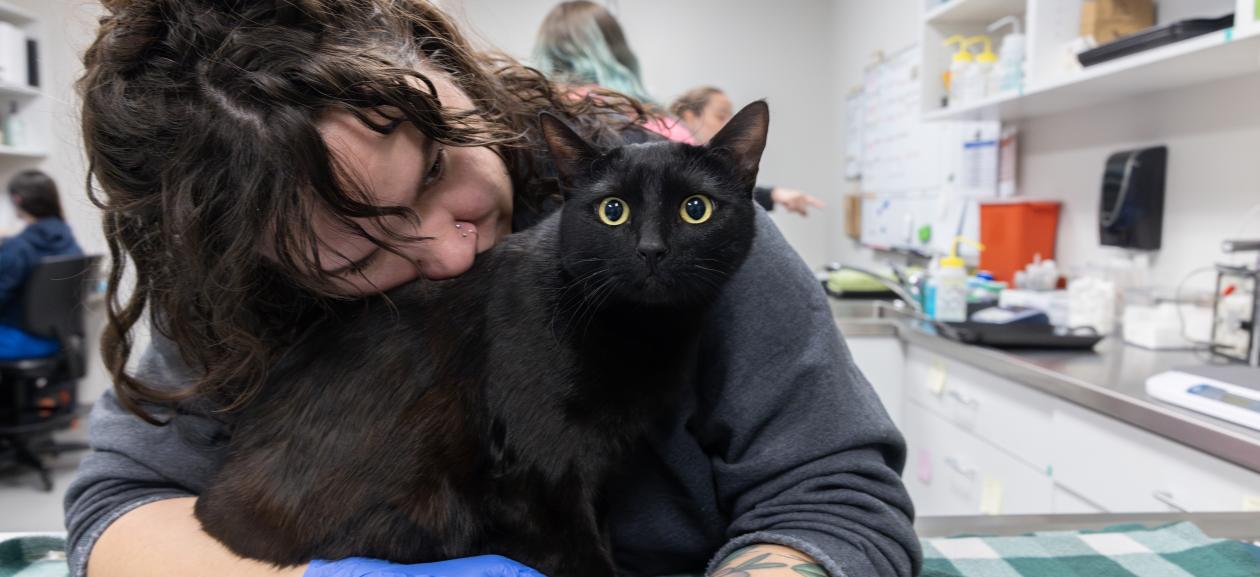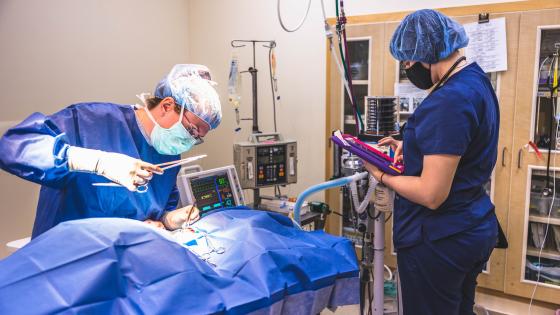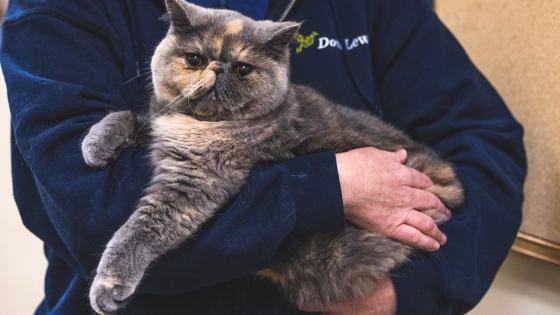
Early Detection of Pet Cancer: Warning Signs and Common Types
Early detection can make a meaningful difference in many cases of pet cancer, giving pets a better chance at effective treatment and a good quality of life. By recognizing warning signs and understanding common types of cancer, pet owners can help their pets get timely care—improving outcomes and comfort.
Why Early Detection Matters
Catching cancer early gives veterinarians the chance to treat it before it advances, giving pets a stronger chance at recovery and a good quality of life. Early detection can mean gentler treatments, higher success rates, and more time spent comfortable, active, and happy. Because some aggressive cancers, like hemangiosarcoma, can progress quickly, any unusual or persistent signs should be checked promptly.
Warning Signs of Cancer in Pets
Some cancers develop quietly, so it’s important to watch for subtle changes. Signs to look for include:
- Lumps or bumps under the skin that grow or change shape
- Swelling, especially in limbs or near the face
- Sores that don’t heal
- Unexplained weight loss or loss of appetite
- Unusual fatigue or decreased activity
- Trouble breathing, coughing, or swallowing
- Changes in urination or bowel movements
- Unexplained bleeding or discharge
- Changes in behavior, coordination, or mobility (such as weakness, stumbling, difficulty walking, vision changes, or circling behavior)
Any persistent or unusual symptom should be evaluated by a veterinarian promptly. Early evaluation can make a meaningful difference in treatment outcomes.
Common Types of Pet Cancer
Certain cancers are more frequently seen in dogs and cats. Being aware of them can help you stay alert to changes in your pet’s health:
- Skin Tumors: Lumps or growths on the skin, including mast cell tumors and melanoma
- Lymphoma: Cancer of the lymph nodes and lymphatic system, often causing swelling, weight loss, or lethargy
- Bone Cancer (Osteosarcoma): Usually affects large-breed dogs, causing limping or pain in a limb
- Mammary Tumors: More common in unspayed female pets; spaying early reduces risk, and early detection improves treatment success
- Hemangiosarcoma: Aggressive cancer of blood vessel cells; may develop internally (spleen, liver, heart) without obvious signs until advanced, sometimes causing sudden weakness or abdominal swelling
- Brain and Spinal Tumors: Can cause seizures, subtle behavioral changes, mobility challenges, or neurological signs such as vision changes or circling behavior
Routine Exams and Vigilant Observation Are Key
Regular veterinary check-ups are one of the best ways to catch cancer early. The DoveLewis Oncology team works closely with families and the pet’s primary veterinarian to monitor pets and guide treatment plans that prioritize comfort, quality of life, and each pet’s unique needs.
By staying aware of early signs, understanding common types of cancer, and combining vigilant observation with expert veterinary care, you give your pet the best chance for timely intervention, effective treatment, and improved well-being.



